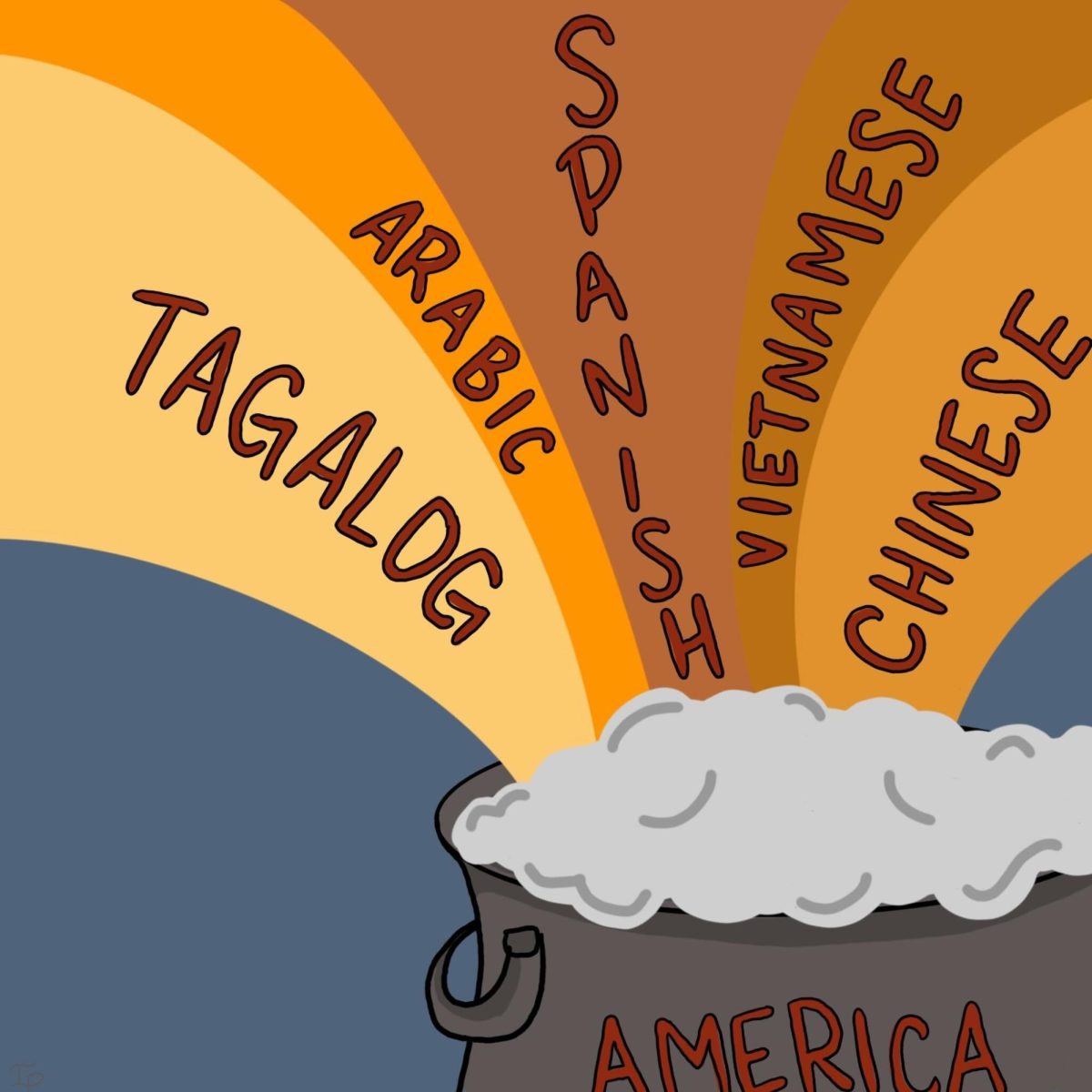Editorial: Wikipedia shutdown good way to protest SOPA
January 17, 2012
Papers turned in this Thursday might have a lot less research in them. Papers turned in this Thursday might have a lot less research in them.
In protest of the House’s Stop Online Piracy Act and its sister bill, the Senate’s PROTECT IP Act, several user-generated-content websites — including popular online encyclopedia Wikipedia — will temporarily shut down today.
SOPA and PIPA’s primary objective is to protect copyrighted intellectual works. It is, of course, an admirable goal in theory, but not in execution. Thus, there have been several versions of the heavily criticized bills.
According to The Wall Street Journal, the legislation targets foreign websites that host pirated material and aims at preventing American visitors to those sites. Big businesses such as the Motion Picture Association of America are looking to reclaim lost profits, whereas owners of websites built on user-generated material think their content could be in jeopardy.
The Wall Street Journal says, “Both bills would allow Hollywood studios and other content owners to take private legal action against websites that are alleged to be hosting pirated material.” The article goes on to say that those content owners could ask a court to require credit-card and advertising companies to stop payments to those websites.
Websites like Wikipedia fear, then, that they’d be censored because they operate entirely through user-generated content. Being immediately responsible for the postings of all its users would mean that the site could no longer operate as it currently does. We understand that copyright infringement is bad — and is often reported to site administrators and taken down from major websites, by the way — but the theoretical end doesn’t justify the means.
As part of the communications blackout scheduled for today, Wikipedia, Reddit, the Cheezburger Network of comedy sites and even hacking group Anonymous have all stated that they will black out their sites for varying periods of time today to protest the two bills.
This day of viral silence mimics what could happen if the bills were passed. With websites held accountable for user-applied content, they would go into a sort of censorship mode to protect themselves from being shut down.
We think an undertaking like this could be a much bigger deal than people anticipate.
Wikipedia has a huge user base — accounting for millions of potential page views in the 24-hour time frame it will be blacked out — that will be educated about the legislation whether it wants to or not. This will raise immense awareness about the legislation and what precisely could happen if it’s passed.
It sends a chilling message to Internet users everywhere. If sites like Wikipedia and Reddit are taken down — keep in mind that Facebook and Twitter have opposed the bills as well — what will be the next giant in Internet technology? Many argue that the MPAA and other companies and artists worth millions are challenging the potential for online innovation. We agree that, if passed, the legislation could pose a serious problem for both those who invent new ways to communicate online and those employed by that technology.
Essentially, passage of the bills would be an extreme measure toward a hypothetical solution. And that’s not good enough.
By demonstrating the severity of this legislation, these websites are displaying their views in a realistic, jarring way. And we back their decision to do so 100 percent, even if that means students everywhere will have to dig a little deeper when looking for sources for that paper due tomorrow.


